As we navigate the intriguing landscape of gaming history, we can’t overlook how licensed games have carved out an undeniable niche. These games, tied to beloved media franchises, entrance fans by offering interactive avenues that traditional media couldn’t match.
From the early adaptations of blockbuster successes like Star Wars and James Bond to the latest Star Trek: The Next Generation online slot, movie franchises have shaped gaming industry trends, despite some early missteps related to quality control. Delving into the evolution of online slots reveals a fascinating journey of adaptation and resilience.
What’s next for licensed games in our modern era, and how do they continue to maintain their grip on our imaginations? Let’s explore the enduring impact of media franchises on licensed gaming together.
Highlights
- Licensing promotes market expansion by legally incorporating popular media properties into games, broadening audience engagement.
- The industry growth, with 160 models of home consoles available by 1977 showcased the early potential for licensed game integration.
- Sega’s Fonz in 1976 marked a significant breakthrough in licensing practices within the gaming industry.
- Successful franchises like Star Wars and James Bond demonstrated how licensed games could expand narratives and engage audiences.
- Modern mobile platforms facilitated quick production cycles, allowing licensed games to remain relevant and accessible.
The Early Beginnings of Licensed Games
When examining the early beginnings of licensed games, we observe a landscape marked by both ambitious attempts and groundbreaking successes. Atari’s 1974 attempts to license Jaws is a fascinating case where legal creativity birthed Shark Jaws, sidestepping Universal’s denial.
Sega’s Fonz, launched in 1976 was the first video game to feature a licensed television character – Fonzie, portrayed by Henry Winkler from the popular 1970s TV show Happy Days. Fonz marked a true licensing breakthrough in In 1979, Mattel Electronics strategically secured sports and TV licenses, teasing Electronic Arts’ 1983 focus on individual athlete likenesses in its games.
Such initiatives not only shaped early licensing strategies but also paved the way for subsequently exploring both individual and organizational licenses, influencing future game releases profoundly.
During this time, the market was rapidly expanding, with over 160 different home console models emerging by 1977, which underscored the industry’s growing potential and the possibilities offered by licensed content.
Industry Impact and Challenges
Licensed games have undeniably shaped the economic landscape of the gaming industry, driving both revenue and innovation. The global gaming market has seen ballooning numbers, with licensed content being a key contributor.
- Revenue Generation: With the market grossing $198.6 billion in 2021, licensed games, including robust titles like “Minecraft,” contribute immensely.
- Growth Drivers: Licensing facilitates market expansion. It aids in legal compliance through age certifications and guarantees platform-specific agreements.
- Market Trends: The popularity of video-based adaptations, particularly among Gen Z, boosts both the market and the cultural integration of gaming. Recent industry insights reveal that 85% of U.S. youth engage in online gaming, underscoring the lucrative opportunities for licensed content.
- Challenges: Historically, many licensed games rushed production, impacting quality. While the shift to original IP marks progress, balancing quality with profitability remains a challenge.
These factors define their pivotal role in industry dynamics.
Evolution of Development Practices
While licensed games have reshaped economic tides and market dynamics, let’s consider how development practices have evolved to meet these new demands.
Commercial game development started in the 1970s, evolving through pre-production, production, and sometimes post-production phases.
By the early 2000s, middleware game engines like Unreal Engine made game development accessible, reducing entry barriers.
Developers now use engines such as Unity and Unreal Engine extensively, allowing independent developers to thrive.
The mobile gaming wave and open web technologies compressed development time, which was once up to five years for PC or console games.
Accompanying these advancements, studios have started integrating cross-platform development techniques, ensuring that new games reach a wider audience across devices.
Coupled with iterative practices like “early access” and the use of version control systems, we’ve seen an industry that fosters rapid innovation and collaboration across diverse teams.
Licensed Games in the Modern Era
As we reflect on the considerable achievements of past licensed games, it’s fascinating to explore their evolution in the modern landscape.
We’ve seen a shift towards mobile platforms due to lower development budgets and shorter timelines. From simpler genres like idle games to engaging options like online casino games for real money, licensed games now offer an array of experiences tailored to evolving player preferences. Today, licensed games have expanded into online casino formats, incorporating iconic themes into slots, poker, and more, showcasing their ongoing innovation and ability to engage fans in new ways.
Fans of licensed games can also look forward to timeous title releases due to the fact that developers now enjoy greater flexibility without the pressure to match film releases, thanks to improved studio collaborations.
The Future of Licensed Games
Licensed games anchor themselves in gaming history by marrying beloved narratives with interactive experiences. Take GoldenEye 007 on the Nintendo 64, for example. It captivated us with its seamless fusion of the James Bond universe and engaging gameplay, setting a benchmark for quality in licensed games.
Despite occasional missteps, these games continually adapt and evolve, reflecting both technological advancements and market demands. Licensed games remain integral, offering familiar worlds reimagined through innovative gameplay.







Leave a Comment